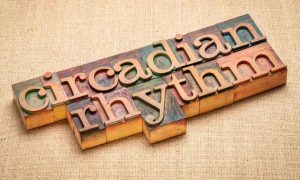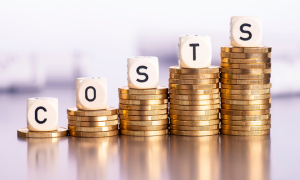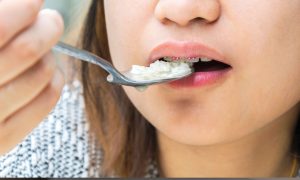You’ve just undergone laser gum surgery, a modern procedure designed to restore your oral health. As you embark on the road to recovery, your dietary choices play a crucial role in optimizing healing and minimizing discomfort. This comprehensive guide delves into the specifics of what to eat after laser gum surgery, empowering you to make informed decisions for a smooth and efficient healing process.
The Power Plate
While laser gum surgery offers a minimally invasive approach, your body still needs time and the right nutrients to rebuild and repair. Your dietary choices in the days and weeks following the procedure directly impact:
- Wound Healing: A diet rich in specific vitamins, minerals, and protein provides the building blocks for tissue regeneration, strengthening the treated areas.
- Infection Prevention: Proper nutrition supports your immune system, reducing the risk of infection at the surgical site.
- Inflammation Reduction: Certain foods possess anti-inflammatory properties, helping to minimize swelling and discomfort.
- Overall Comfort: Choosing soft, easy-to-eat foods prevents irritation and pain while your gums are healing.
Your Post-Surgery Plate
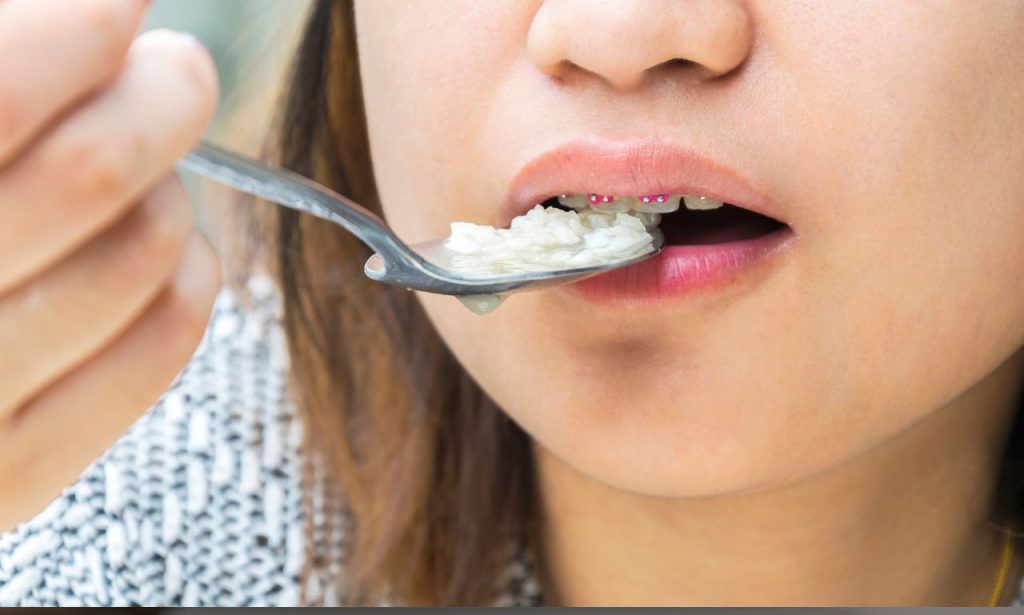
Immediately following your laser gum surgery, your dentist will provide specific dietary guidelines tailored to your procedure and individual needs. However, some general recommendations typically apply during the initial healing phase:
- Start Soft: Focus on foods with a soft, smooth consistency that require minimal chewing.
- Stay Cool: Cold foods and beverages can help numb the area and reduce swelling.
- Hydrate Consistently: Sip on water, clear broth, or diluted juice throughout the day to stay hydrated.
The Soft Spot
Navigating the world of what to eat after laser gum surgery can feel restrictive, but plenty of delicious and nutritious options exist to keep your taste buds and your body happy:
- Creamy Soups: Blended vegetable soups, creamy tomato soup, or broth-based chicken soup provide hydration and essential nutrients.
- Smoothies: Blend together fruits, vegetables, yogurt, and protein powder for a nutrient-packed meal replacement or snack.
- Mashed Potatoes: A comforting classic, mashed potatoes offer carbohydrates for energy and can be enriched with milk or butter for added calories.
- Scrambled Eggs: Eggs are a protein powerhouse and easy to eat when scrambled to a soft consistency.
- Applesauce: Unsweetened applesauce provides a dose of vitamins and a smooth, soothing texture.
- Yogurt: Choose plain or Greek yogurt for a protein boost and probiotics, which can support gut health.
- Cottage Cheese: Another excellent source of protein, cottage cheese can be enjoyed plain or blended into smoothies.
- Avocado: Rich in healthy fats, avocado can be mashed or blended into dips and smoothies.
- Cooked Fish: Opt for flaky, soft-cooked fish like salmon or cod, which are rich in omega-3 fatty acids that promote healing.
Comfort Food, Comfortably
Beyond the essentials, certain foods offer additional comfort and soothing properties that can be particularly welcome during the healing process:
- Cold Foods: Ice cream, popsicles, and chilled yogurt can help numb the area and provide relief from any discomfort.
- Warm Beverages: Herbal teas like chamomile and ginger can soothe the throat and have anti-inflammatory properties.
- Broths: Bone broth, in particular, is rich in collagen, which may support tissue repair.
Foods to Avoid Immediately Post-Surgery
While your surgical site heals, it’s crucial to avoid foods that could irritate the area, delay healing, or increase the risk of complications. Here’s what to steer clear of:
1. Hard and Crunchy Culprits
- Raw Vegetables: Carrots, celery, and other raw vegetables require significant chewing and can irritate sensitive gums.
- Chips and Crackers: These crunchy snacks can easily scratch or irritate healing tissues.
- Nuts and Seeds: Their hard texture and tendency to get lodged in crevices make them unsuitable during the initial healing phase.
- Tough Meats: Steak, chewy chicken, and other tough meats require excessive chewing and can put stress on the surgical site.
2. Spicy and Acidic Offenders
- Citrus Fruits and Juices: Oranges, grapefruits, and their juices contain citric acid, which can irritate healing tissues.
- Tomatoes and Tomato-Based Products: The acidity in tomatoes can cause discomfort and delay healing.
- Spicy Foods: Chili peppers, hot sauce, and other spicy foods can irritate the surgical site and increase inflammation.
- Vinegar-Based Dressings: The high acidity in vinegar-based dressings can be irritating to healing gums.
3. Small Particle Saboteurs
- Popcorn: The husks from popcorn can easily become lodged in the surgical site, increasing the risk of infection.
- Sesame Seeds: Their small size and tendency to stick to surfaces make them difficult to remove and potentially irritating.
- Crumbly Foods: Cookies, crackers, and other crumbly foods can leave behind particles that irritate the gums.
Nutrient-Rich Foods for Optimal Healing
While adhering to the recommended textures is crucial, prioritizing nutrient-dense foods is equally important for optimal healing and recovery. Here are some key nutrients to focus on and how to incorporate them into your post-surgery diet:
1. The Protein Powerhouse
Protein provides the building blocks for cell growth and repair, making it essential for healing after laser gum surgery. Incorporate these protein-rich options into your diet:
- Eggs: Scrambled, poached, or soft-boiled eggs are all excellent choices.
- Greek Yogurt: Choose plain Greek yogurt for a higher protein content.
- Fish: Salmon, tuna, and cod are rich in protein and omega-3 fatty acids.
- Chicken: Opt for shredded or finely chopped chicken for easy consumption.
- Beans and Lentils: These plant-based protein sources can be added to soups and stews.
- Tofu: A versatile protein source, tofu can be blended into smoothies or added to soft dishes.
2. The Vitamin and Mineral Boost
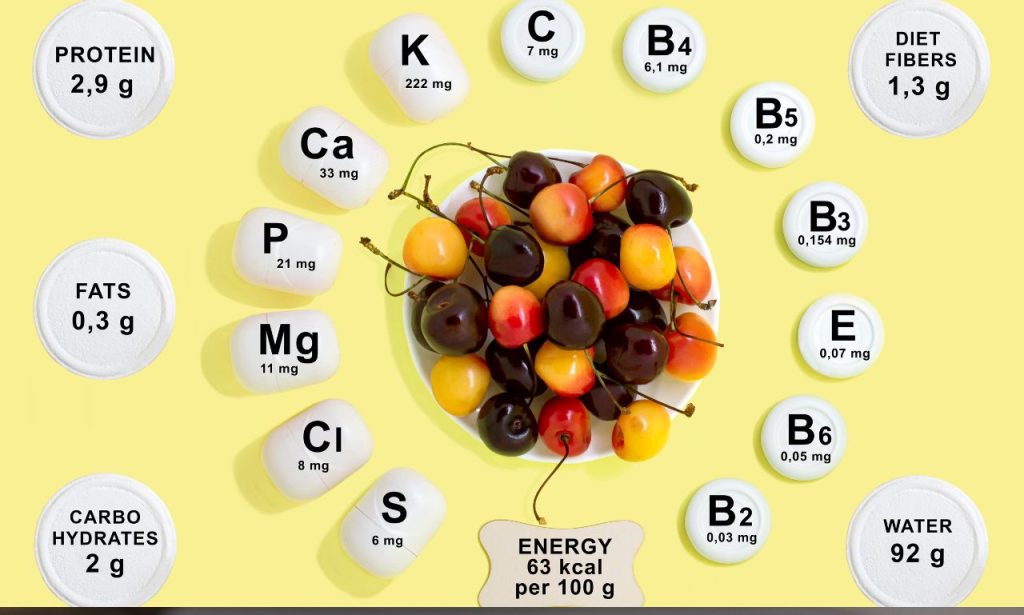
Vitamins and minerals play vital roles in various bodily functions, including wound healing and immune support. Focus on incorporating foods rich in these key nutrients:
- Vitamin C: Crucial for collagen production, which is essential for tissue repair. Good sources include:
- Soft Fruits: Berries, bananas, and melons
- Cooked Vegetables: Sweet potatoes, broccoli, and cauliflower
- Vitamin A: Supports cell growth and immune function. Good sources include:
- Sweet Potatoes: Rich in beta-carotene, which the body converts to vitamin A.
- Canned Pumpkin: Another excellent source of beta-carotene.
- Spinach: Can be added to smoothies or blended into soups.
- Zinc: Essential for immune function and wound healing. Good sources include:
- Cooked Oysters: A top source of zinc, but ensure they are cooked to a soft texture.
- Ground Beef: Choose lean ground beef and cook it thoroughly.
- Nuts and Seeds: Once you are cleared to consume them, nuts and seeds can be good sources of zinc.
Conclusion
Understanding what to eat after laser gum surgery is key to supporting your body’s natural healing process and ensuring a smooth recovery. By following these dietary guidelines, staying hydrated, and practicing good oral hygiene, you can optimize your healing, minimize discomfort, and get back to enjoying your favorite foods in no time. Remember, your dentist is your best resource for personalized advice and guidance throughout your recovery journey.
ALSO READ: What to Eat on the First Week of Braces
FAQs
A: It’s best to avoid hot beverages immediately after surgery, as they can irritate the surgical site. Once the initial healing phase has passed (typically a few days), you can gradually reintroduce warm (not hot) coffee or tea. Opt for decaffeinated versions and avoid adding sugar, as it can hinder healing.
A: While a balanced diet should provide most necessary nutrients, your dentist might recommend specific supplements, like vitamin C or zinc, to support healing. Always consult your dentist before taking any new supplements, as they can interact with medications or have unintended effects.
A: The duration of a soft food diet varies depending on the extent of your surgery and your individual healing progress. Generally, you can expect to follow a soft diet for at least a few days to a week. Your dentist will provide personalized guidance on when you can gradually reintroduce solid foods.
A: Don’t panic! If you accidentally bite into something hard, stop immediately and rinse your mouth gently with water or saltwater. If you experience any significant pain, bleeding, or other unusual symptoms, contact your dentist right away.
A: It’s crucial to avoid alcohol completely during the initial healing phase, as it can interfere with blood clotting, increase the risk of infection, and delay healing. Consult your dentist for guidance on when it’s safe to resume alcohol consumption.
A: Post-surgery nausea is common. Stick to bland, easy-to-digest foods like dry toast, crackers, or plain rice. Ginger ale or peppermint tea can also help settle your stomach. If nausea persists, contact your dentist.

